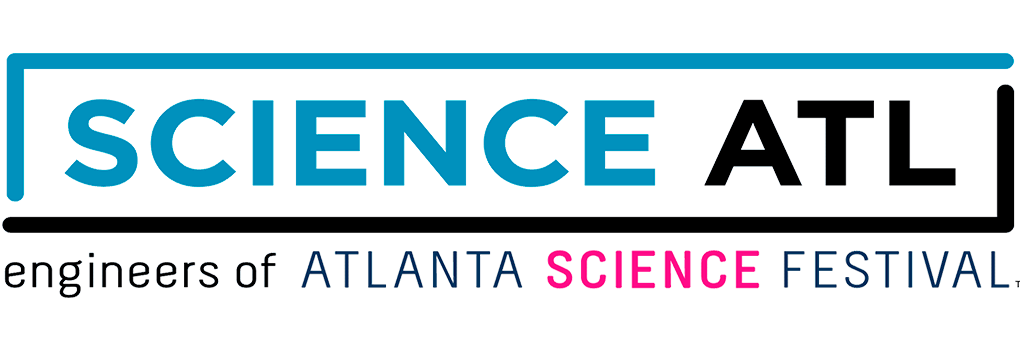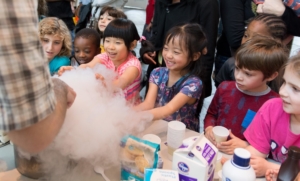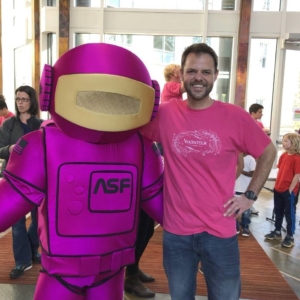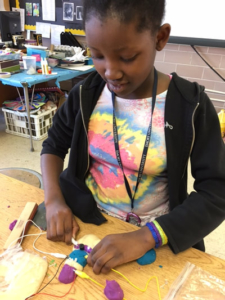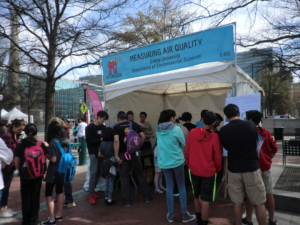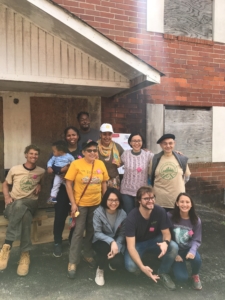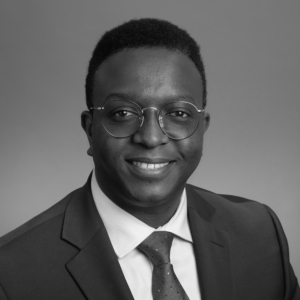About Science ATL
Science ATL Inc. is a nonprofit organization that produces public events and community-building activities that improve access to science, technology, engineering, arts, and math (STEM/STEAM) learning opportunities, and strengthen Atlanta’s STEAM ecosystem. The organization, originally called Atlanta Science Festival Inc., was founded in 2014 by Emory University, Georgia Tech, and the Metro Atlanta Chamber. Science ATL continues to produce the annual Atlanta Science Festival which has brought engaging informal science learning experiences to more than 250,000 people in the metro region. Beyond the Festival, Science ATL produces new and accessible year-round events, broadens and strengthens partnerships across educational, cultural, and industry sectors, and prepares the next generation of STEM leaders. Science ATL includes The Science Scene public events calendar, the Chief Science Officers leadership program for middle and high school students, a science communication fellowship for graduate students, and additional public science events and learning opportunities throughout the year, such as Sci-Cycle and the 5K Race Through Space.
About Center for Faculty Development and Excellence
Emory University’s Center for Faculty Development and Excellence in the Office of the Provost supports faculty in all aspects of their career: research and scholarship; teaching and pedagogy; and professional development. Reaching across Emory’s nine colleges and schools, the CFDE collaborates with academic leaders to serve faculty in specific areas. Within the CFDE, the Engaged Learning Program offers workshops, consultations and assistance in community partnership development. Working with Science ATL, the CFDE has developed workshops for the students of faculty who partner with Science ATL on projects designed for broader societal impacts. Offered twice yearly by the Director of Engaged Learning, the 2-hour workshops focus on awareness of context (Metro Atlanta, Science ATL, and its partners); the dynamics of community-campus partnerships; the ability to pair knowledge with communication and application; professional/public presence while participating in the partnership; and guidelines for reflective learning during the partnership. Not only will this enhance the effectiveness of PIs’ outreach efforts, but this training is itself beneficial to the professional development of the participating lab members.
